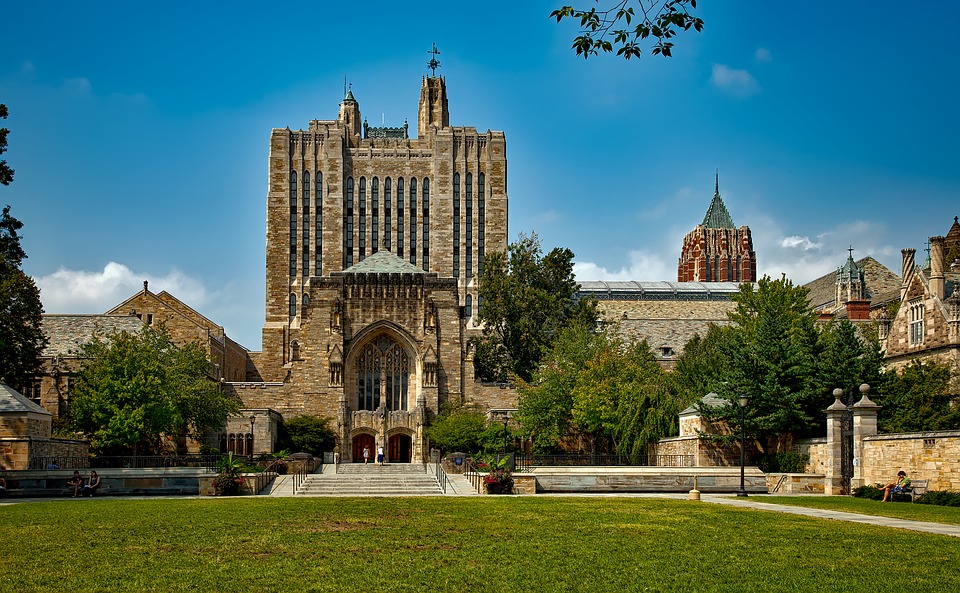The FBI investigation dubbed ‘Operation Varsity Blues’ revealed the extensive network that included actresses Felicity Huffman and Lori Loughlin, coaches from Yale, Stanford, Georgetown, individuals who facilitated cheating on the entrance exams, as well as a William Rick Singer, co-founder of The “Edge College & Career Network” (dubbed The Key) the business which guaranteed college admission.
A total of 50 suspects have been charged according to court documents unsealed on Tuesday by the Department of Justice.
Three suspects have pled guilty and cooperated in exchange for leniency during sentencing - one who took or corrected college entrance exams in exchange for payment, a former women's soccer coach at Yale who approved applicants as recruited athletes in exchange for payment and Singer.
Singer explained his business model as a ‘side-door’ and told the FBI that his clients were “the wealthiest families in the US,” who turned to him because he provided guaranteed admission.
“There is a front door which means you get in on your own. The back door is through institutional advancement, which is ten times as much money...Because…as you know, everybody’s got a friend of a friend, who knows somebody who knows somebody but there’s no guarantee, they’re just gonna give you a second look,” he said.
In her affidavit, FBI Special Agent Laura Smith explained the “side-doors” as bribing college entrance exam administrators and bribing varsity coaches and administrators to approve applicants as recruited athletes or other such favored candidates.
The Key would instruct parents to request extra time for their children to take the necessary exams by pretending they had learning disabilities. Then the children would take the test at one of two testing facilities with administrators who accepted bribes of as much as $10,000 from The Key and in return looked the other way while a third party either took the exam in place of the students, provided students with the correct answers, or corrected students' answers after they completed the exams. In some cases, the children did not know that their parents had paid for someone else take their tests for them.
In another method, The Key allegedly made $25 million from parents between 2011 and 2018 by bribing college coaches and administrators to designate their children as athletic recruits, even when the applicants did not and had not ever played competitive sports.
This often involved photo-shoots or photoshopping photos to make applicants look more like athletes. According to court documents, the photos did not always depict the applicants.
The Key laundered the bribe payments through a nonprofit foundation set up in 2012 called the Key Worldwide Foundation, which enabled parents to write off their bribes as charitable donations on their tax returns. Singer advertised these "donations" as tax-deductible.
The hundreds of pages of court filings include emails and transcripts from recorded phone calls as well as details about how the scheme operated.
The parents of one applicant, applying to Yale, paid $1.2 million to market him, using photoshop, as the co-captain of a prominent soccer team in Southern California.
In another case, The Key created a fake athletic profile for a University of Southern California basketball recruit in which a 5-foot-5 applicant was brazenly listed at 6-foot-1. USC Senior Associate Director Donna Heinel is alleged to have personally taken $200,000 in bribes in exchange for accepting an applicant as a fake basketball player.
In another example, a Georgetown applicant was accepted for having a ‘Top 50’ ranking in the US Tennis Association’s Junior Girls Tennis – for which she worked all through high school by playing 20 hours per week, for 52 weeks per year. The FBI, however, notes that “at her best, she appears to have ranked 207th in Northern California in the under-12 girls division, with an overall win/loss record of 2-8.”

